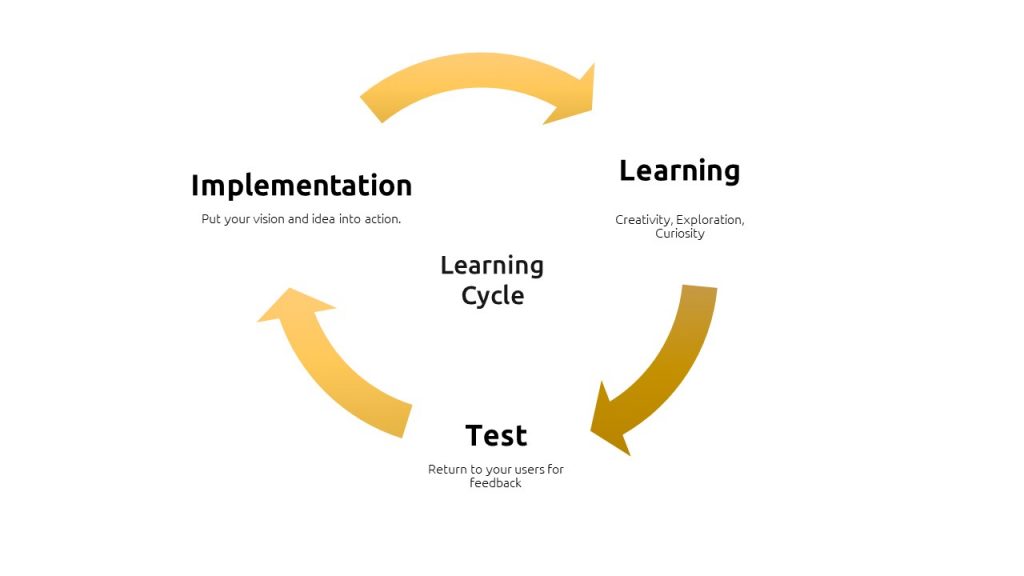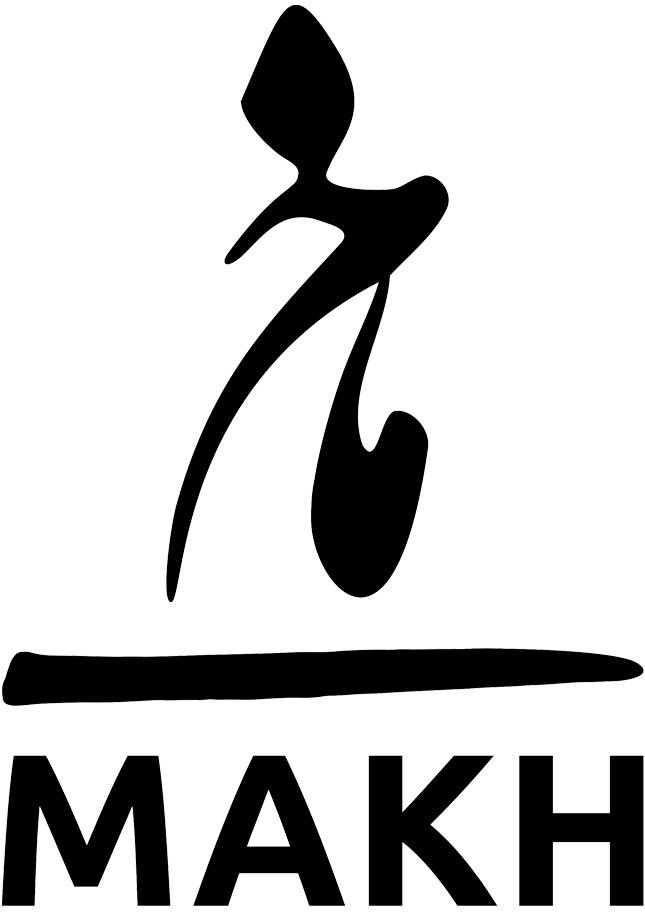

One of the functions of the university is to produce science and train is specializing people for the growth and development of the industry and businesses.
From 100 years ago until today, educational systems changed and updated over time.
The growth of knowledge in universities has been quicker than in the business environment at times in history.
But today the story is changing somewhat.
Companies Vs Universities
In today’s world, businesses grow faster than universities.
Companies create new processes and operations in the process of business development and growth.
These new jobs are created by business development.
However, the point is that universities today cannot train and educate industry experts.
Sadly, education is not to date system for supporting the industry and needs of the businesses.
Usually, training structures are old, but systems should always be up to date to respond dynamically and agilely to industry changes.
Because of this gap between industry and universities, businesses often hire talented interns and inexperienced workers.
They do it to meet their special needs and to train them over time to do their jobs.
The solution to the universities problem is at the heart of the business. Businesses must meet their needs by thinking differently.
In the past, the university was the center of creating both technology and the experts to implement that technology.
As a result, today, the center of knowledge and technology production has shifted to research centers within organizations.
Many companies are trying to compensate for this pain point in the education system by creating a culture of “learning” in their organizations.
Identifying the needs of specialized human resources and, through training, learning, and taking advantage of consultants is so important.
Moreover training the right people promptly is crucial to the development of a company at all levels.
Modern-minded companies today, by creating a “learning” culture, have the potential to grow steadily and move faster into the future, and outperform their competitors.
Learning Cycle
A culture of learning in which there is creativity, research, presenting new ideas, curiosity, and the emphasis of organizational leaders on innovation and search.
The following cycle in organizations can be very effective in achieving operational thinking and process specificity and operational knowledge.

This cycle is a platform for talented people that allows the growth and creation of specialized people in the organization.
Today, one of the most important competitive advantages between companies is skilled, capable, and loyal expert employees.
When you provide an environment in which people can learn and grow, in addition to being effective in performance, people will feel more loyal to the organization.
Thus, today’s companies are not just profit-making organizations.
They also have the responsibility of training specialized people in the field of business in addition to fulfilling their main mission.
To sustain growth and development, it is essential to have this understanding at the level of organizational strategy.
Written by: Majid Ahmadi Khoshbakht




